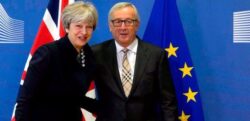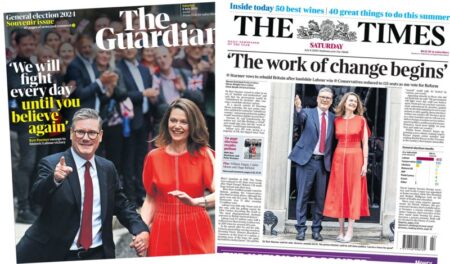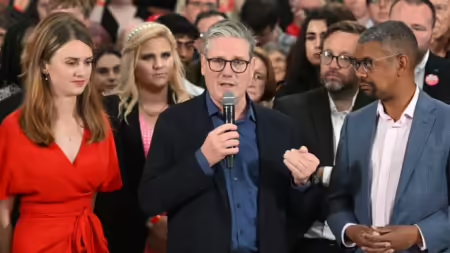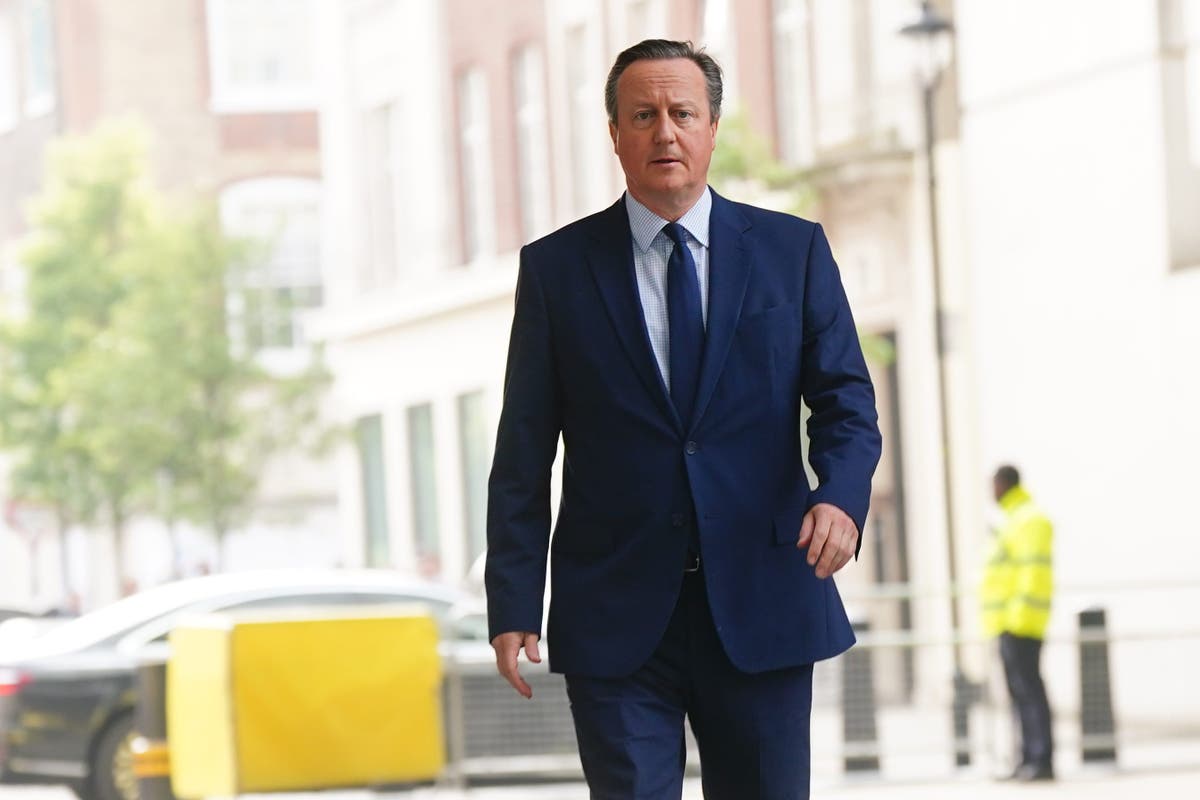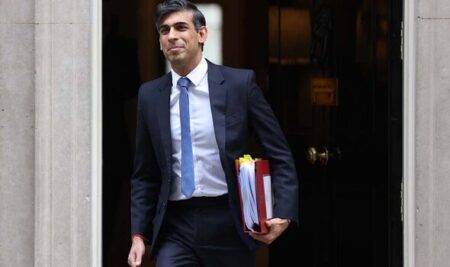The UK is due to leave the EU in March 2019 and Prime Minister Theresa May is under pressure to reach agreement on the Northern Ireland border so negotiations can move forward. The past 24 hours must have felt even longer.
When May travelled to Brussels on Monday, it was in the expectation that she would sign a historic agreement with European Union leaders that would enable Brexit talks to move on to a crucial new stage — the nature of a future relationship between Europe and the UK.
The timetable is tight: The remaining 27 EU nations are set to meet on December 14 and 15 to decide if “sufficient progress” has been made to move on to the second phase of negotiations. Even though Britain doesn’t leave the EU until 2019, businesses want clarity now so they can make crucial investment decisions.
So the choreography was set: a working lunch with European Commission President Jean-Claude Juncker, followed by a meeting with European Council President Donald Tusk and capped off with a triumphant statement to the House of Commons on Tuesday.
It didn’t quite work out like that. The Prime Minister relies on support in the UK Parliament from a small but hard-line party in Northern Ireland — the Democratic Unionist Party (DUP). And when the DUP’s 10 members of Parliament got wind of the language in the Brexit deal around the Irish border, they had something of a public meltdown.
May insisted on Monday that there were merely a “couple of issues” that remained outstanding and that she was confident a deal could be done soon. But as the dust settled on Tuesday, it was clear from the previous day’s developments in London, Brussels and Dublin that the terms of a final Brexit deal had fundamentally changed.
Ministers say no part of the UK will be treated differently in the Brexit talks as Labour branded their approach an “embarrassment”.
No agreement has been reached with the EU after a DUP backlash against proposals for the Irish border.
Brexit Secretary David Davis told MPs the government was close to concluding the first phase of talks.
Negotiations will continue for the rest of the week with the UK hoping for the green light to begin trade talks.Mrs May needs to show “sufficient progress” has been made so far on “divorce” issues before European leaders meet on 14 December to decide whether to allow talks on future trade relations to begin.
The three main issues that need to be resolved are the Northern Ireland border, citizens’ rights and the amount of money the UK will pay as it leaves.
Ireland’s deputy prime minister Simon Coveney said Dublin would not budge from its position on the border. The prime minister is expected back in Brussels for further talks before the end of the week.
[simple-payment id=”8065″]

